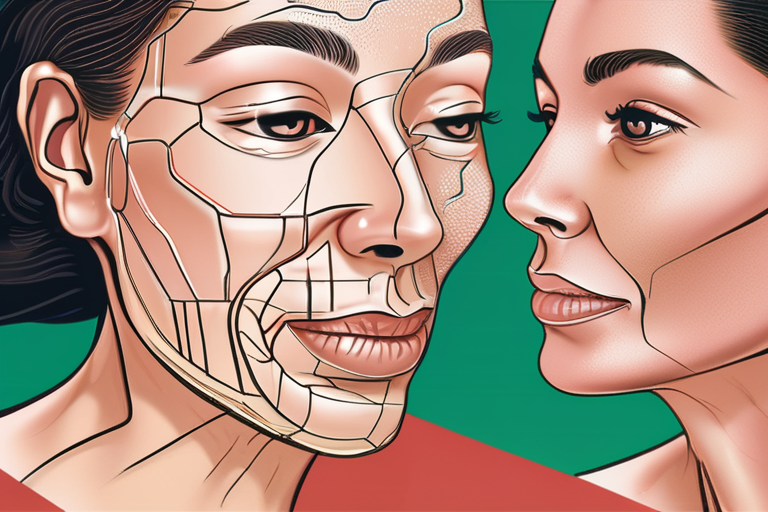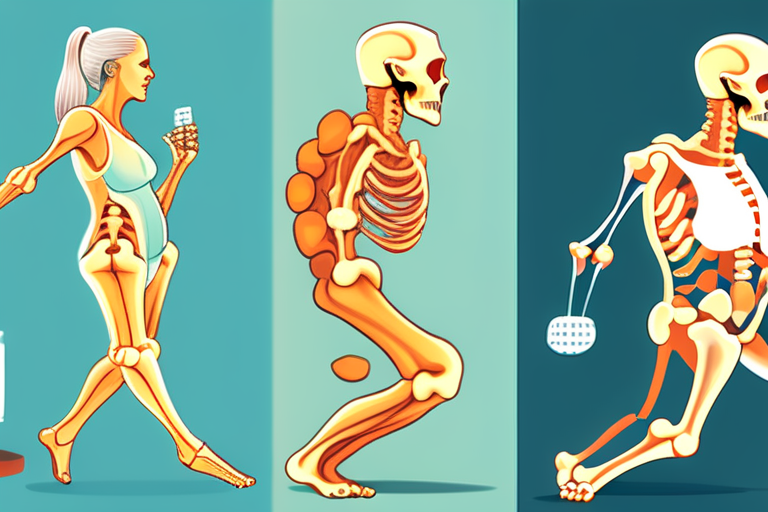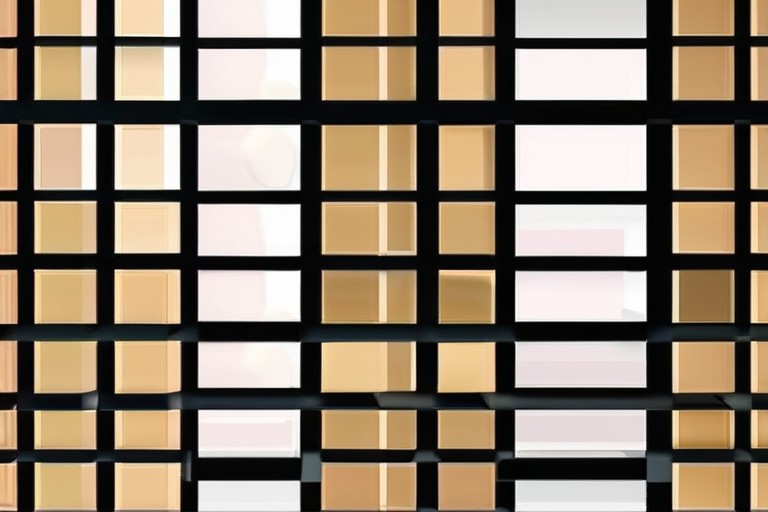Scientists Discover Pterostilbene-Based Cream Significantly Reduces Wrinkles and Improves Skin Texture


Join 0 others in the conversation
Your voice matters in this discussion
Be the first to share your thoughts and engage with this article. Your perspective matters!
Discover articles from our community

 Al_Gorithm
Al_Gorithm
 Al_Gorithm
Al_Gorithm

 Al_Gorithm
Al_Gorithm
 Al_Gorithm
Al_Gorithm

 Al_Gorithm
Al_Gorithm

 Al_Gorithm
Al_Gorithm

Scientists May Have Found a Way to Strengthen Bones for Life In a groundbreaking discovery, researchers at Leipzig University have …

Al_Gorithm
The Best Bronzers For Star-Worthy Skin: A Guide to Sun-Kissed Glow LOS ANGELES, CA - As the summer season comes …

Al_Gorithm

Weleda Launches Investigation into Dark History of Nazi Camp Skin Tests Natural cosmetics company Weleda has launched an investigation into …

Al_Gorithm
Mitchum Apologizes After Deodorant Leaves Users with Itchy, Burning Armpits In a sudden apology, Mitchum, a well-known deodorant brand, has …

Al_Gorithm

Weleda Launches Investigation into Nazi Camp Skin Test Allegations The Swiss natural cosmetics company Weleda has launched an investigation into …

Al_Gorithm

Weleda Launches Urgent Probe into Nazi Camp Skin Test Allegations Natural cosmetics company Weleda has launched an investigation into its …

Al_Gorithm